The "post-waves" in the 1960s - "I feel a sense of watching Station B"
Looking at the Kyushu with a hundred feet, the predecessors will harvest the land, the later generations will reap, and the later generations will rejoice, and there will be people behind.
Station B broke the circle and successfully refreshed the screen. As an unknown up master of station B, I would like to say that as the "back wave" in your mouth, to a certain extent I envy the "front wave".
The rivers of the times are always rushing forward, and the mud and stones are falling, annihilating generations of "sprays", and no one can avoid becoming the "victims" of each era. However, how to look at the new life, new Things, new phenomena, depending on your perspective.
Since the promotional video is from the perspective of middle-aged people to appreciate the younger generation, and today is the "Youth Day" on May 4th, we might as well discuss the topic of "intergenerational".
01
Our generation, the biggest advantage is that it does not have the memory and brand of the previous generation, and there is no shackles on the judgment and thinking of things. It can generate fresher thinking in the new era and ensure the thinking creativity of the population. This is the advantage of our group of "back waves".
But at the same time, the inclination of the social resources we enjoy is also different. The "front waves" assume social responsibility and occupy the right to speak in the society. Therefore, at the same time point, they have more social resources, while the social resources of "back waves" are more and more social. The environment is controlled by the previous generations and cannot be changed. This is your advantage of "Qianlang".
Therefore, using labels such as the post-60s, post-70s, post-80s, and post-90s, the commonality of a group of people who originally lived together was eliminated, and they were classified according to ten years, and then praised, ridiculed or whipped to express "a generation is more Is the logic of "stronger than a generation" really correct?
When we touted the "trend" of "subculture" and "niche", have we seriously thought about a question?
Does "trend" really represent an advanced direction? If 'the tide' is the cloud, then who is the 'wind'?
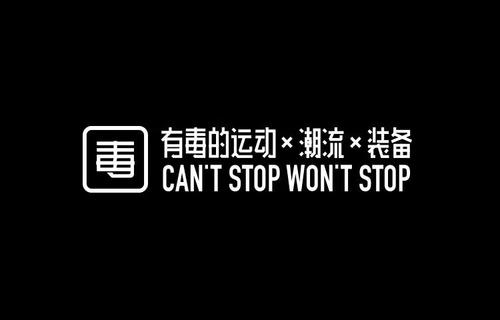
If the wind is not natural, what is the purpose of the 'fan hand' behind it? Is the pusher a huge group of people or a handful of masterminds with cigars in key positions?
Today, when "consumerism" is very popular, young people of Z generation, in pursuit of "trends", flaunt themselves and individuality, play with thousands of sneakers, and even make some apps become the darling of capital. If the aesthetics of 'trends' are created out of nothing, then the motives of teenagers keen to follow the trends are whether they agree with the trendy aesthetics that others have "sucked in", or are they just trying to use these symbols as a means to draw a clear line with their parents who represent the old forces? ? Maybe you will use trendy clothes to show your fighting spirit against your elders, or you may hope to use it to win the envy of your classmates. It doesn't seem to matter at all whether 'you' actually like it or not.
What kind of clothes a person wears every day and what kind of bag they carry, after a complex decision-making process, is there a high level of willingness to really belong to the 'self'? I can't wait to put the big Logo all over the place.
Trend symbols such as clothing and songs are changing every day, so is it behind the changing of concepts or people? Or, are concepts competing in a conflicting way?
At least, I see that most of the young people's pursuit of the current "popular elements", the appreciation and insight of "music and artistic works" are far less sincere, profound, burning and penetrating than the "front waves" of the last century. Love from the bottom of my heart.
02
"Every generation writes the history of that generation." - Alan Spitzer
Since it is an intergenerational comparison, we might as well look for some traceable stories from history, and then talk about whether this "comparison" is meaningful.
I don't know how many people have an impression of the "60s" of the last century?
It was an era of civil rights protections, student movements, anti-war, women's movements, and the rise of the New Left , an era of massive "rebel" and "subculture" trends—a women's liberation, hippies, marijuana, rock and roll era.
Why am I talking about the 60s alone? Because this generation is a typical "growing up is that we all end up living what we hate".
A very interesting phenomenon: many of today's conservative leaders are precisely from the "60s youth" generation.
"1960"
- The birth of YAF&SDS
In the 1960s, two organizations were born that influenced the youth of the era. One is the right-wing organization Young Americans for Freedom (YAF). In the same year (1960) that YAF was founded, the Students for Democracy Society (SDS), an important new left-wing organization, was born.
"The connections between people, we're going to live a different life than our parents. We're going to experiment with our lives. You could say we're arrogant. But there's something more positive about us than arrogance. "We have an unbridled youthful energy. We don't feel very limited, we understand that we're doing something, we're seeing reality with fresh eyes, and we have some special spirit. "
This generation is stubborn, and this stubbornness makes them believe that they can really change the world.
So what is the background of the activists involved in these YAF and SDS? Most of them are Kochi people, and most of the young people who participate in the activities also have relatively good educational backgrounds, and their political participation is much higher than that of ordinary parents. The values and philosophies given to them by their parents became the basis for their later political activities.
When I was looking up some historical sources, I saw that a participant in this organization described the era as follows:
"You have to understand this, we were united throughout the '60s. Your intellectual capacity, your political capacity is elevated in that atmosphere, and we're at the forefront of political and philosophical discussions and activism. And we're good at that. , otherwise we are refuted.
So we do have a certain amount of confidence, and in those earlier years, there was this feeling that -- our strength was growing, our capabilities were growing, and we could do something different. Even a small piece of grass has tendrils that can burrow out of concrete. In a way, we are like that. We are determined not to be silenced, not to be beaten. We have a sense of mission and responsibility here. "
Of course, the reason many people remember the 1960s so strongly is not only the protest movements of that era, but also the counterculture of that era.
- Counterculture prevails
Long-haired men with beards and sideburns, women with sleek short hair and flowing skirts, dyed bow ties and faded shirts, music festivals and avant-garde stores, organic food stores and homemade Granola, Cajun sheets, lamps of volcanic rock, and the smell of marijuana and patchouli oil all mingled in the late 1960s and early 1970s.
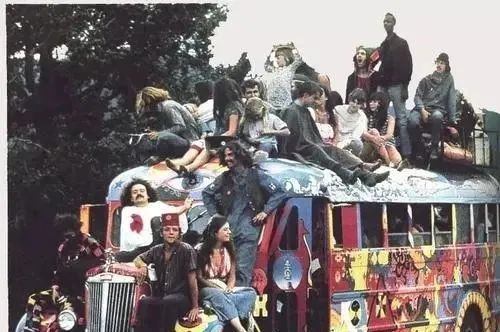
The most obvious significance of long hair and cowboys at the time was that they deliberately dressed themselves not like a traditional person, but a mid-60s hippie. But this cannot be simply explained as a trend towards a new trend, on the contrary, many people interpret it as the individual's participation in an alternative way of life and his break with the values and ways of life prescribed for him by his parents, school, and community.
The music of the last century is precisely an important organic part of the counterculture, which further expresses the opposition of some young people to the established rules and institutions. Flex believes that we only truly understand the movement of the 1960s when we recognize the use of music to form our identities as alienated young people and to support my rallies with music.
Folk music was characteristic of the early 1960s, it sounded defiance and brought people together, while the mid to late 1960s was represented by rock and roll: Bob Dylan, the Beatles, the Rolling Stones, and many more generational classics Rock musicians, all products of the 1960s, and many other bands, made a widespread voice of youth culture.
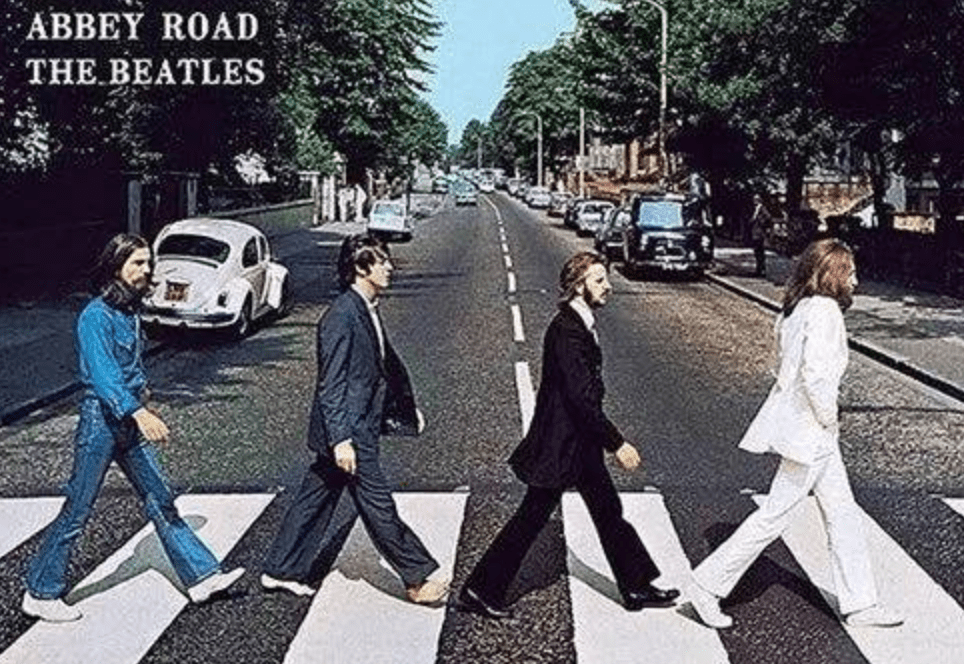
As Marcus puts it:
Music is something you can talk about with your friends but not with your elders. It gives people a sense of unity within their generation and makes them feel special. In this way, music that is unique and blessed in a sense also makes them feel as if they are in a struggle, or... considered marginal, reprehensible, or even bad.
The counterculture is not a single, unified whole; in fact, it encompasses a range of beliefs and behaviors.
For example, the counterculture includes different, even conflicting, values. It includes not only a strong desire for individual expression and self-satisfaction, but also a strong desire for collectivism and communism. It is these different beliefs and behaviors that allow people of different backgrounds and ideologies to identify with a confrontational culture.
The counterculture presented them with a way to reshape their beliefs, and the term "counterculture" as used here refers specifically to clothing, music, drugs, sex, and other things associated with the cultural shifts of the 1960s. an "alternative way of life" . These lifestyles also mean the abandonment of traditional values:
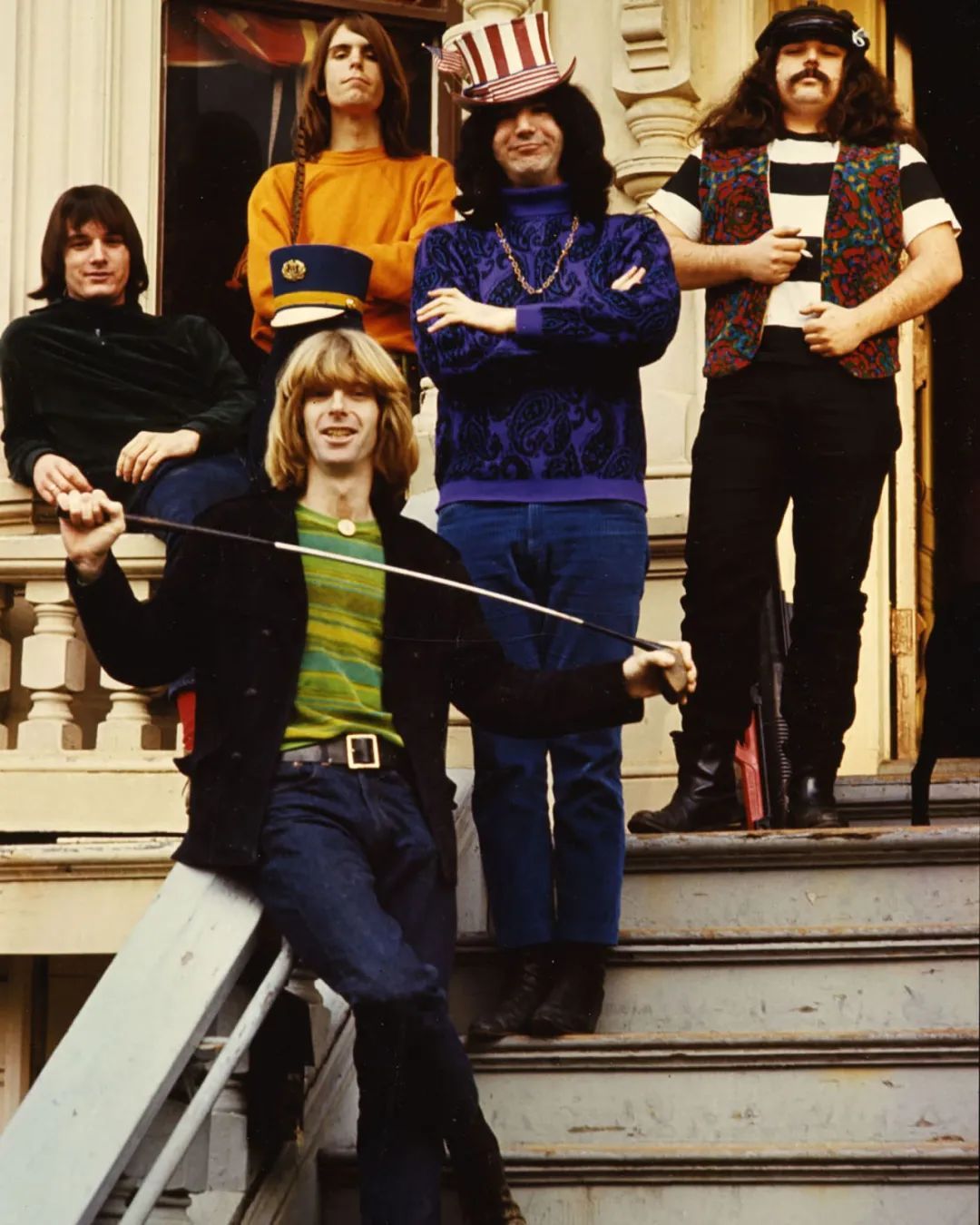
Rejection of traditional ways and principles of behavior in favor of emphasis on spontaneity and self-expression; self-disclosure of feelings and direct experience of satisfying repression; replacement of traditional by devaluing utilitarianism and seeking work that emphasizes self-realization and contribution to society career, success, money; and, they express their respect for nature by rejecting the use of cosmetics, perfumes and deodorants, accepting nudity, and eating organic food.
A common joke about the YAF in 1960 was that traditionalists wore flat ties and sat upright praying, while libertarians wore lace-up clothes and sipped soup loudly.
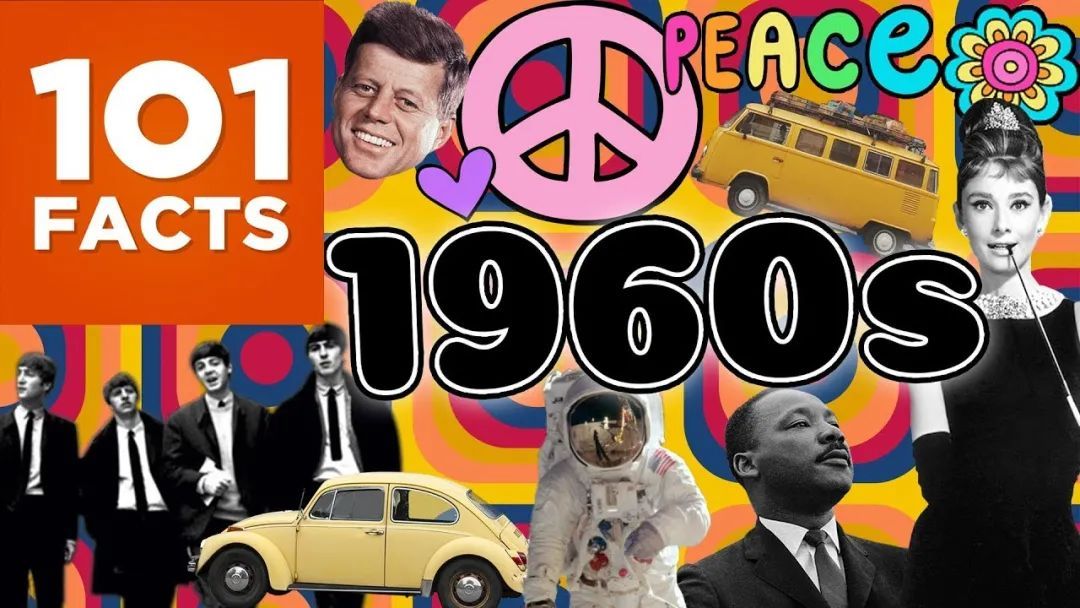
For many libertarians, the counterculture symbolizes freedom of personality, freedom of mind and spirit. It also represents opposition to and critique of established institutions.
The changing political and social events of the 1960s pushed them to make history, calling them to act for their beliefs.
This sense of alienation benefits these young people as critical views of America develop and they become more and more distant from the mainstream. As Bob Ross put it:
"A certain sense of marginality...must form a critical consciousness. Outside the ready-made world, there must be a place where you can stand. There is an important place for young people, they don't have to be like everyone else, they can disagree ". These loneliness aside, once they meet like-minded people, they feel welcome. Politics united them into a group that provided a home to those who had previously seemed like strangers. By joining SDS, individuals at least feel part of another extraordinary world.
Some teach them "the way to see things". The concepts they accepted were passed on to more people through people's interactions. Among peers, activists learn a framework for detecting injustice, how to articulate exactly who or what is responsible for social problems, and what the strategies and goals of social change are. By talking about experiences and analyzing some social issues, they build a framework, a way of seeing the world.
“The conditions in which we are born, the family that feeds us, the values and beliefs that surround us, are all given components of the environment of childhood.” Each individual is born into an objective social structure in which he encounters of people who play an important role in socialization. These people influenced him. To him, their interpretation of his situation meant an objective reality". We inherit the interpretation of the world and the way of seeing things, which form the basis of a "natural worldview". Through these initial contacts , our identities are formed for the first time.
"I think back to a time when people wanted to live with someone but didn't want to get married, and that kind of thing was rarely mentioned. But we libertarians are doing it, and I don't see it in What's the problem. I think if people want to do something, it's his business and nobody else's business. So because of all these aspects, I'm getting more and more uncomfortable with conservatives.
So in all of these traditions, where conservatives act so rigid, what's the main problem? Long-haired hippies? Who cares how long a person's hair is? What does a person's worth really matter?" (Sharon Pressley)

However, any organization will produce conflicts and contradictions. Conflicts lead to the disintegration of the organization, the division of the left, and finally to the decline of this generation.
"1970"
After the endless riots of the 1960s, how did those activists live in the 1970s? How did they translate those dramatic experiences into real life and continue their work?
"We haven't given up on our values. We're in a different place now, not in 1965 anymore. I'm not 24. But I still have basically the same values. I'm against repression; I'm against inequality ; I fight for an equal society. I think right now the rich are getting richer and the poor are getting poorer...so something should be done about that.” --John Brown Childs
"The early self will criticize the present self."
"The '60s me would have thought that I had now fundamentally moved into the search for personal comfort and family interests." Contrasting the lack of responsibility of his youth with his current "struggle for a nice house in a nice neighborhood," Malik concludes:
"I'm not very comfortable with the compromise I've made, I'm constantly fighting it, and I've always had this feeling that someday, for some reason, I might change it quickly."
There are also plenty of liberals like Malik who talk about this "ambivalence", "I in the early '60s would think I'm fine now. The me in the late '60s would think I've been betrayed because I'm now Earning more money than I wanted to, and driving a BMW. Yet in the late 60s I might have thought I lived in a mountain village and ate organic food.”
“It depends on how my youth self sees which part of the 60s it is looking at?”
A general consensus among these activists, however, is that they have become more inclusive over time.
They talked about intolerance and sectarianism being common in their youth, and as they matured, they were able to accept different perspectives and backgrounds. They are not as passionate about changing the minds of others as they used to be. They now see life and politics in more complex ways. More appreciative of the complexities of life and of human nature, and at peace with the traditional aspects of the progress of the times, they are now aware of the need for compromise and the importance of negotiation.
Beyond disillusionment, the salient feeling expressed by SDS members was community loss. In their youth, they were in close contact with others of their kind, and after some years of sharing food, bed, politics and friendship with other activists, many adult SDS members lived a more worldly life in isolated adulthood. life and feel lost.
A sense of community is associated with youth, and it will not be recreated because now people are busy with family, work, other responsibilities and concerns. However, many have maintained lifelong friendships with other activists since that era.
Although Dave Strauss said that the people who are closely related to his life are still people from that era. "Anytime we're with them, there's a sense of coming home," he commented. For them, the relationships that were forged in the '60s and early '70s were important and irreplaceable.
"Kids of the 60s"
The ultimate way the '60s experience continues to shape the lives of activists is the way they raise their children. Politics affects the beliefs and values they instill in future generations, as well as their expectations for their children's future.
Many activists talk about raising their children to be non-sexist, giving their sons dolls, teaching them how to cook, or teaching their daughters to be physically fit and confident.
"What we've done with our children is we've gone far -- maybe too far -- in getting them to form their own value judgments by encouraging them to be independent and to make their own choices . We're very, very anxious not to put our Value systems are imposed on children, whether religious, political, or otherwise; we tend to do so as long as they are willing to learn, to ask questions... If someone tried to impose values on me when I was a child, I would strongly resist. We think As far as their freedom is concerned, they have the right to keep their views.” (Cindy)
Most share their parents' values. When it comes to faith, most people follow in the footsteps of their parents.
The children of traditionalists, libertarians, have a difficult journey ahead to continue the topic of parenting in new ways.
What stands out and clearly remains in the stories of activists in the 1960s is the continuation of their lives, the ways in which they maintain their core values.
The generation of the 1960s was indeed a divided generation. Yet the activists of the 1960s were also inevitably brought together by shared experiences. With fundamentally different—and sometimes even opposing, worldviews—activists are passionate about politics.
In exemplifying the "wave-like rhythm of zeitgeist change", Mannheim remarks: "First to one extreme, then to the other" . This is exactly how the politics of the 1960s led to the politics of the 1970s and 1980s.
That era gave people an incredible sense of commonality, not only did they share a common age base, but they shared "a period of high-profile years" together.
As one activist put it: “These experiences define their self and connect individuals beyond ideology. The 1960s” structured my life. "There is no doubt that these people have been changed by this 1960s.
03
Our generation, who has never experienced that era, grew up in an environment with abundant material, and even when reading history books, we cannot have the ability to perceive time and space.
But as a post-90s generation, whenever I see classic works and revolutionary movements emerging in the world, I can only feel it through some video materials.
Even though that era was full of wars, artillery fire and instability, people would not stop thinking about it, fighting against fate, full of resilience and tenacity, and a loyal attitude towards friendship.
Looking back at this era, the revolution of information technology gave birth to the rapid development of the Internet, accelerated the dissemination and production of information, and provided us with a channel to understand everything beyond the time and geographical constraints. Under the current situation of information flooding, how many people are really willing to take the time to understand the interpretation of something in the authority system?
In most cases, people are more willing to ask people around them what they think about this thing, and the opinions of people around them often become an indispensable and important part of the subject's evaluation of this thing.
It is also difficult to establish a sense of trust between people, because it is uncertain whether a friend is a friend in one second, and an enemy in the next second. After all, interests and role-playing in modern life are extremely complicated.
The advancement of science and technology has virtually solved many daily problems of people, but as a human being, basic common sense and ability are gradually lost. The difficulty of information production and acquisition is reduced, the thinking ability is reduced, and values are easily manipulated.
Social life has become increasingly turbulent. For example, when marriage shifts from parental orders and matchmakers to free love, we have more options. The society's evaluation of breakup and divorce has also gradually shifted from negative to positive. It is believed that giving up a bad intimate relationship may be more beneficial to physical and mental health.
Therefore, the relationship between the sexes in modern society is undoubtedly more free and fluid, but there is no doubt that the intimate relationship is also more unstable, because everyone can have other choices at any time.
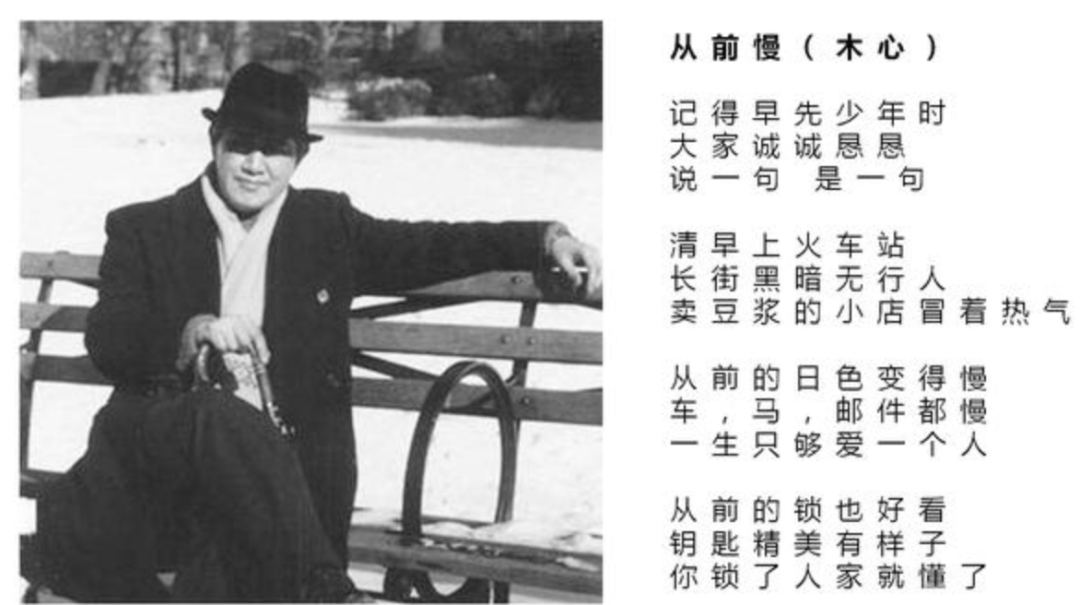
"Acquisition" is no longer subject to the narrow space and time constraints it once was. As the ease of the act of "getting" increases, the sense of ritual that usually accompanies it also weakens. In this "sense of convenience", we also lost something called "sense of ritual".
With the loss of sense of meaning, in the process of interaction between the self and the external world, in this competitive society where efficiency is king, what an individual obtains is the higher and higher requirements of the external world of modernity, and what he obtains is more and more The sense of meaning disappears more and more.
Nobuo Ikeda's "The Lost Twenty Years", about Japan's "intergenerational gap":
"Japan has the world's largest intergenerational gap, and everyone agrees on this point. According to Wataru Suzuki's calculation, the gap between the return and payment of pensions, health insurance, etc. in a person's life is the difference between those born in the 1940s. People are plus 48.5 million yen, but the group of people born in 2005 became minus 34.9 million yen. The difference between the two generations reached 83.4 million yen.”
Just because they were born 60 years late, young people now pay pensions, instead of being raised by others to being supported by others, and it is still compulsory and cannot be ignored. Pensions, as a tax burden, have huge intergenerational imbalances. Once this imbalance turns into a sense of injustice and deprivation, there is only one way for young people to resist: why work so hard? All the money we earn is used to support elderly people we don’t know. Who will take care of us when we get old? Forget it, stay home, mourning, and a life of low desire.
Anxiety, anxiety, difficulty in choosing... this generation is firmly bound.
In my opinion, each era has its advantages and disadvantages. The focus is not on the era, but on the individual itself, so the inter-generational comparison does not actually make much sense.
The concept of "back waves" is always relative, and there will be "back waves" in every era, but to divide and extract "back waves" from the perspective of era and age is a bit thin. The differences between individuals are seen in the long river of history. The times are just the most trivial benchmark. There are always people who are the trendsetters of the times, pushing the progress of the times and challenging the order of the old world. There are always people who are victims of the times, such as He came to the world like an ant and walked in a trance, leaving no trace.
It's not about the era, it's about the individual.
For this hymn of "Hou Lang", maybe a few years later, when the people of the Z era have grown into the backbone, who knows whether the "Hou Lang" will give this generation a ridicule or a hymn?
- end -
👉Wisdom Magazine
Like my work? Don't forget to support and clap, let me know that you are with me on the road of creation. Keep this enthusiasm together!

- Author
- More